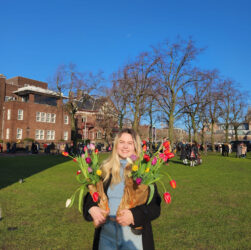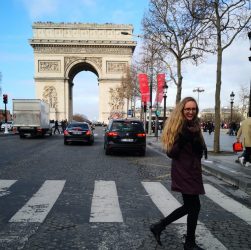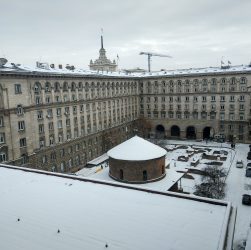Mia Uys BCom International Business Semester Exchange in the Second Semester, 2022 at Vrije Universiteit Amsterdam Pre-departure: There were …


Mia Uys BCom International Business Semester Exchange in the Second Semester, 2022 at Vrije Universiteit Amsterdam Pre-departure: There were …

Pre-departure: The first 6 months of your exchange year goes by way faster than one thinks. This is, however, a …

I had the opportunity to spend about five months in Amsterdam, attending the Vrije Universiteit Amsterdam (VU). I will try …